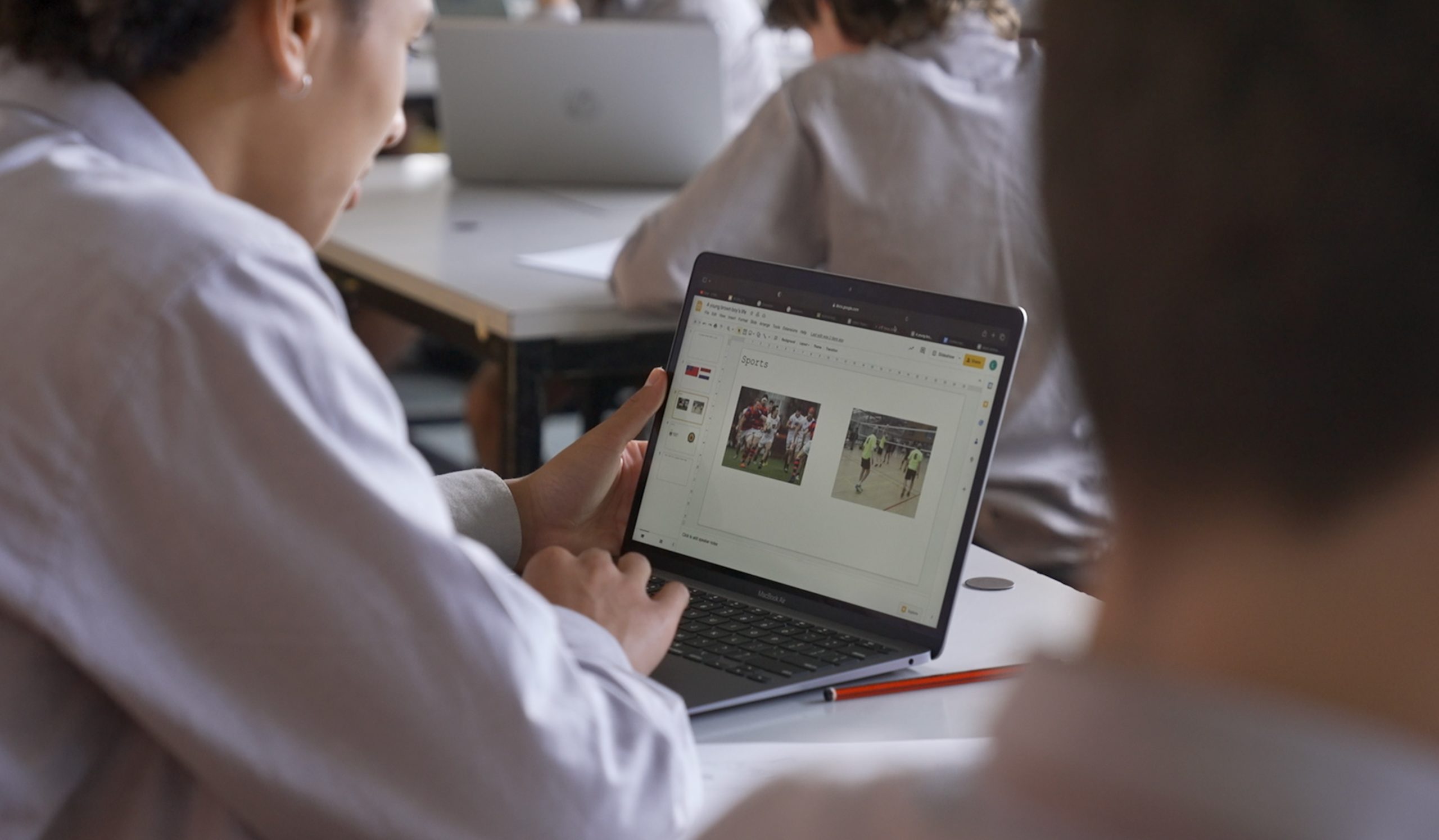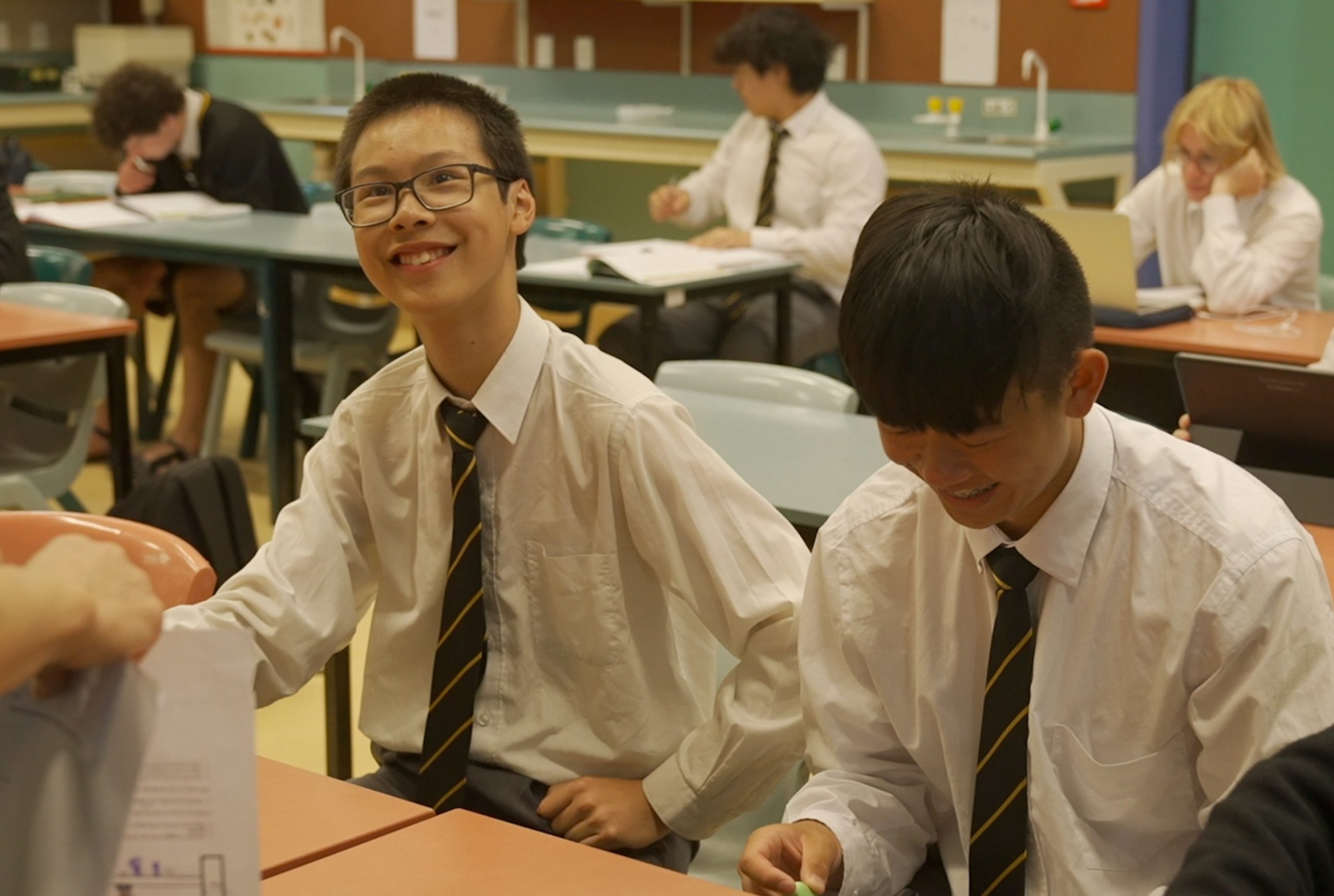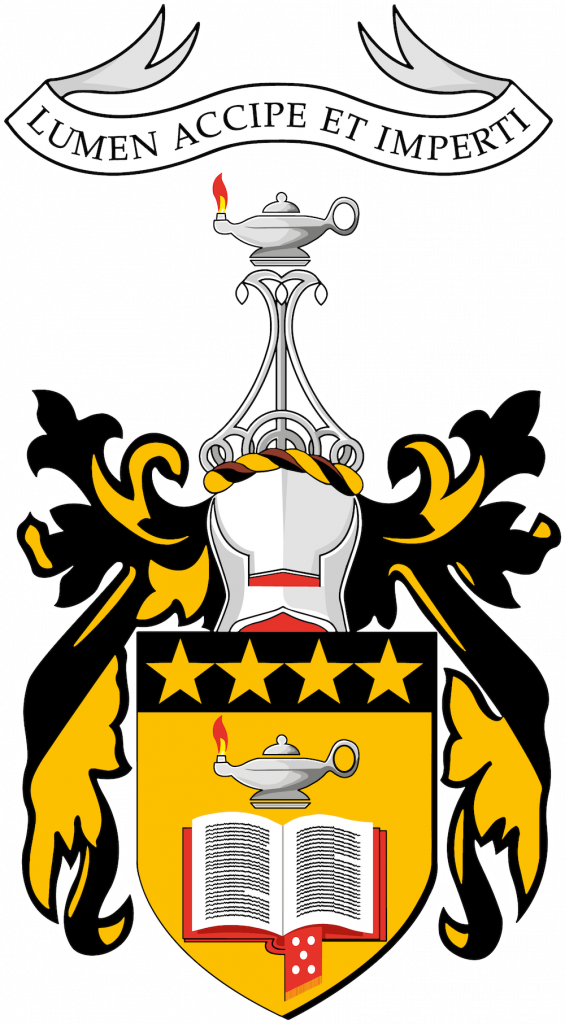Guide to Reporting
At Wellington College we value working in partnership with whānau to support students. An important part of this is regularly reporting to parents about students’ academic progress.
Our reports provide a snapshot of student achievement and attitude, and we hope that they provide a starting point for meaningful conversations with your young person about their learning. Reports are an invitation to talk, and we encourage you to contact your young person’s tutor teacher or the relevant subject teacher if you wish to discuss any aspect of the report.
These reports provide valuable data for us to track student progress and engagement, and to intervene and provide support when it’s needed.
In addition to reports, Parent Teacher Interviews are held in Term 2, and Tutor Conferences are held in Term 3.

What information is included in the report?
Each report consists of two parts: Learning Attributes and Overall Progress.
It also includes attendance data.
Learning Attributes reflect how well the student is demonstrating the competencies required to be successful in their subjects.
Overall Progress reflects how the student is tracking towards success in the course. It provides an holistic teacher judgement of how the student is achieving at this time. It is important to remember that this is not a definitive comment on a student’s ability, but an indication of their progress at this moment and time.
If a student is working towards NCEA, their report will also include information about their assessment results and progress towards qualifications.
When can I expect to recieve reports?
All assessment results can be viewed in the parent section of the website under ‘My Child’s Record’ at any time.
Questions?
You can contact us at any time to ask for progress information or clarifications.
If you wish to discuss overall progress, please contact your young person’s tutor teacher. Students can also speak to their Dean(s) for advice and guidance.
If your queries are related to a specific subject, please contact the subject teacher or Head of Department.
Please make a booking with one of our Careers Advisors if you would like to discuss your child’s future pathway options – Book here
How can I see my young person’s results?
NCEA Results
Anytime students complete an NCEA assessment, the results will be published to the portal. These can be viewed at any time. You will also receive a weekly summary of any new results. NCEA progress is also included in the reports.
Please note that this will also include practice external assessments. These are what we call “formative” results and do not count for credits, but they are valuable to inform teachers and students about what learning may be needed before the final assessment takes place.

Junior Results
Anytime students complete an assessment, the results will be published to the portal. These can be viewed at any time. You will also receive a weekly summary of any new results.
What are some questions I can ask my child about their reports?
“What are you most proud of?”
“Is there anything in this report that you do not understand?”
“Does this report reflect your understanding in this subject?”
“Does this report reflect your effort in this subject?”
[Where there are differing levels reported between subjects] “Can you help me understand why these are so different?”
“What might you do differently?”




